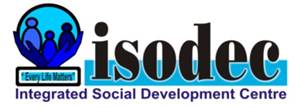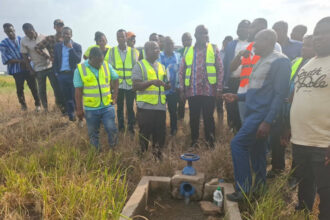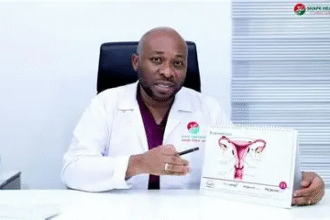The Institute for Democratic Governance (IDEG) is rallying public support to fight the widening inequality gap in the country as it calls for robust local government reforms.
According to the Institute, for Ghana to be able to reduce inequality to its barest minimum, “more resources must go to the rural communities; but that cannot be done without reforms and the timely disbursement of budgetary allocations to the local government structures.
Ghana, IDEG observes, is becoming an increasingly unequal country where the benefits of economic growth and poverty reduction are not even and fairly distributed across the nation. The result of this is the potential to undermine earlier progress weakens social connection and substantially slow poverty reduction effects.
In an address to welcome participants to a workshop in Accra recently and themed, ‘Exploring the Nexus between Budget Allocation and Inequality, the Executive Director of IDEG, Dr Emmanuel Akwetey said there is an urgent need to fight poverty and deal with the widened inequality.
“We are looking at inequality because of the values we hold. If we are reducing poverty in our country then we should measure the reduction of inequality. So poverty reduction should decrease the inequality gap.
“The president says that he wants to allocate more resources and power to local structures and to communities so that they will be able to tackle poverty. He wants poverty reduction to go faster so you can see that there are a lot of programs focused on the districts. But growth does not equal distribution so we have to look at ways which we can redistribute”
Ghana over the years has experienced steady growth with an average of 7% per year since 2005, following the attainment of middle income country status in 2010.Similarly, the discovery of offshore oil reserves, the per capita growth in the country has remained relatively high. Despite the growth recorded, inequality has been increasing in the country and poverty remains endemic in many areas.
Dr. Emmanuel Akwetey, Executive Director for the IDEG acknowledged that even though past and present governments have made efforts in bridging the gap by instituting policies like the
National Health Insurance Scheme (NHIS) and the Livelihood Empowerment Program (LEAP), there was still room for improvement.
In a presentation, Programme Officer for SEND-GHANA, Harriet Nuamah-Agyemang, has advised government to apportion adequate resources towards the development of basic education especially in terms of capital expenditure.
According to the her the 2018 Budget analysis,79% of funds were allocated to Compensation (salary payment and staff benefits), 15% allotted to Good and services and 6% allocated to Capital expenditure.
“The current quality of learning at the basic level is relatively very low. The pre-school and primary education requires critical financial attention for the training of teachers and provision of teaching and learning materials among other things to enable proper development of the cognitive foundation of pupils in preparation for secondary level education,’ the report stated.
Madam Harriet bemoaned the development arguing that the percentage for capital expenditure which mostly relies on loans and grants was very inadequate considering the number of children of school going age in the country.
In a recent IMF paper on income inequality and fiscal policy, Ghana is categorized as having one of the fastest increasing inequality levels in Africa although a new World Bank Report clarifies that Ghana cannot yet be said to have a high level of inequality compared to other sub-saharan countries.
Against this, the IMF released report in April 2016 where it suggests that many countries urgently need to reset their policies to reinvigorate growth.
By: Mohammed Suleman














